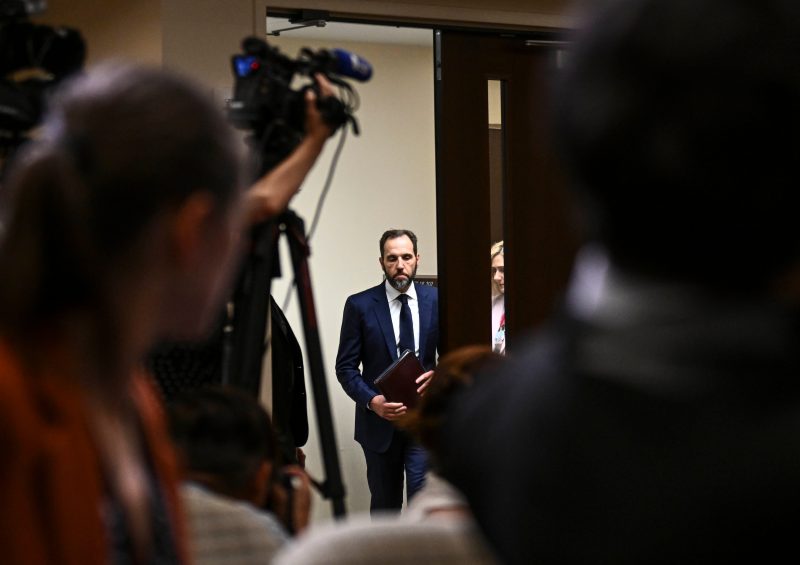Special Counsel Seeks Court Order Limiting Trump’s False Claims About FBI
In a significant development within the ongoing investigation into former President Donald Trump’s alleged interference with the Federal Bureau of Investigation (FBI), the Special Counsel has filed a motion seeking a court order to restrict Trump’s ability to make false claims about the FBI. This move comes after months of escalating tensions between the former President and the investigative body, with Trump repeatedly making unsubstantiated allegations of misconduct and bias within the FBI.
The motion filed by the Special Counsel outlines a series of instances where Trump has publicly accused the FBI of engaging in illegal activities, including tampering with evidence and targeting him for political purposes. These claims, according to the motion, have the potential to undermine public trust in the FBI and hinder the ongoing investigation into possible wrongdoing by the former President.
Central to the Special Counsel’s argument is the notion that Trump’s false claims about the FBI are not only baseless but also pose a significant threat to the integrity of the investigation. By casting doubt on the FBI’s credibility and alleging systemic wrongdoing without evidence, Trump is attempting to sow confusion and distract from the core issues at hand.
Moreover, the motion highlights the potential for Trump’s false claims to taint potential jurors and witnesses, thereby jeopardizing the fairness of any future legal proceedings. As a key figure in the investigation, Trump’s influence has the power to shape public opinion and potentially interfere with the pursuit of justice.
In response to the motion, Trump’s legal team has vehemently opposed any restrictions on his ability to speak out against the FBI, citing First Amendment rights and the importance of holding law enforcement agencies accountable. They argue that Trump’s criticisms are protected speech and are essential for ensuring transparency and accountability within the FBI.
However, the Special Counsel maintains that while freedom of speech is a fundamental right, it does not entitle individuals to knowingly spread falsehoods that can harm the integrity of an ongoing investigation. The court now faces the delicate task of balancing Trump’s right to free expression with the need to protect the integrity of the investigative process.
As the legal battle unfolds, the outcome will likely have far-reaching implications for the relationship between public figures and law enforcement agencies. The case serves as a potent reminder of the responsibilities that come with exercising freedom of speech, particularly in the context of high-profile investigations.
In conclusion, the motion filed by the Special Counsel represents a crucial step in safeguarding the integrity of the investigation into Trump’s alleged interference with the FBI. By seeking to limit his ability to make false claims about the bureau, the Special Counsel is signaling a commitment to upholding the rule of law and ensuring a fair and impartial legal process. The court’s decision on this matter will undoubtedly shape the course of the investigation and set a precedent for how public figures engage with law enforcement agencies in the future.

